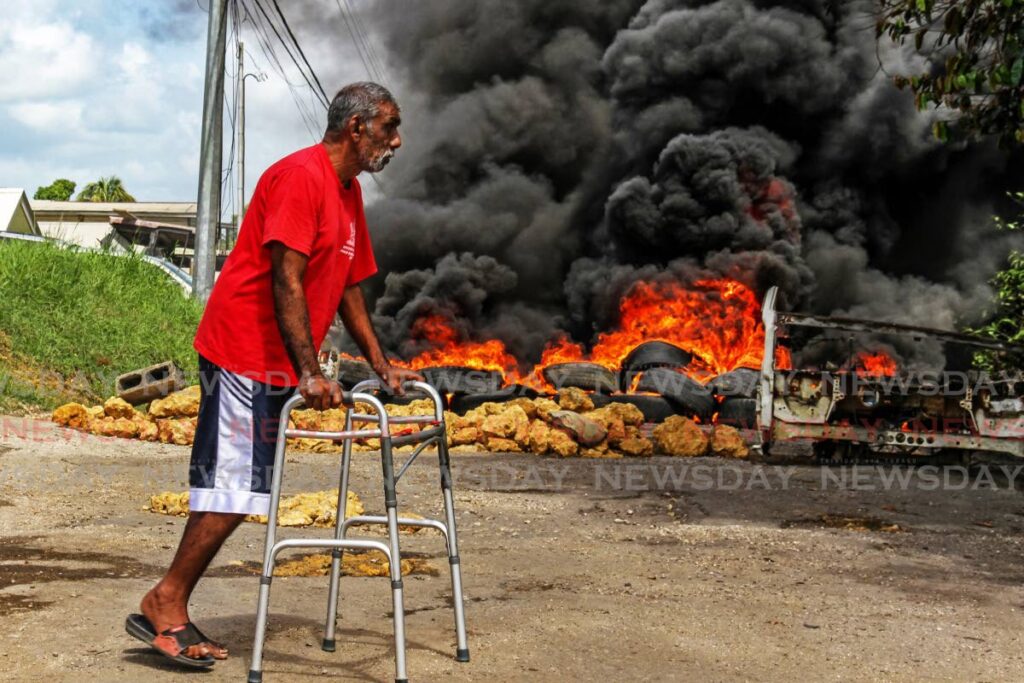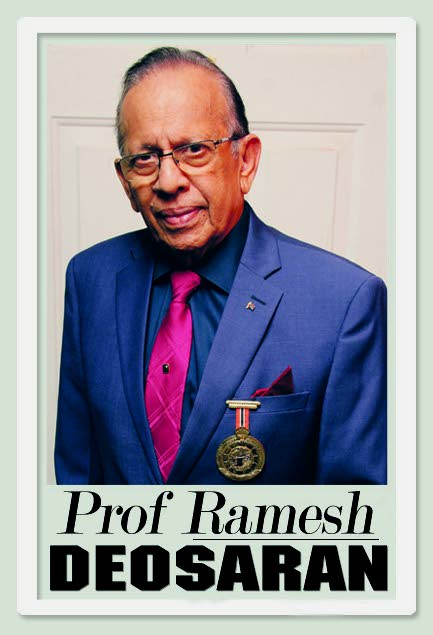Stresses of life and politics

From what is being seen, heard and read daily, we are becoming a real stressed-out society. It is stress, stress and more stress from covid, murders, traffic, home invasions, floods, frustrations from high prices, broken government services, managing children, broken drains, landslides, etc.
These are in addition to what many experience at work or home. Few of us escape stress in today’s unfriendly socio-economic and political environment. We may not actually feel it, but it is there, creeping bit by bit upon us. The results of such unrelenting stress are not only economic and social, but dangerous, psychologically.
Usually arising from repeated frustrations and grief, psychological stress affects heart rate, blood pressure, diabetes and emotional stability. It is poison to both body and mind. It is known as a silent killer. The behavioural symptoms from heavy stress range from irritability, explosive temper, violence to “running amok.” Moral restraint is thrown aside.
At the other extreme are depression and suicide. Unresolved problems and grievances produce intense stress levels.
Government agencies and their oath-driven politicians must be sensitive enough now to understand the pressures, grievances and stresses upon citizens. Their sworn responsibility is to empathise and help.
Some things are naturally inevitable. Others are sensibly preventive. Regarding the latter, with Dr Rowley we have a group of key public-welfare ministers like Marvin Gonzales, Donna Cox, Faris Al-Rawi, Rohan Sinanan and Fitzgerald Hinds with special preventive and healing responsibilities.
Use science now for prevention, not wait until problems erupt. It is lawlessness when a government agency fails in its legal duty. Why wait for noisy street protests, burning tyres or court action for citizens to get the services they deserve?

One of the worst forms of stress upon citizens today comes from having their complaints repeatedly ignored by government agencies. Too much political advantage is being taken of hard-pressed, troubled citizens. The country must not appear to have jungle standards, with every man for himself and a dog-eat-dog culture in which only the strong and politically well-connected survive. This is to create a “two-nation” state.
If present conditions continue, the frustration-driven stresses will burst out into increased mental illness, interpersonal violence, road rage, property crimes, anti-establishment sentiments, etc.
Our widespread levels of stress, instigated by the harsh social, economic and political conditions, could be reduced by improved government care, empathy and performance. It is a well-researched fact that the quality of environment has a direct impact on citizens’ quality of life.
Of course, as the sympathetic evangelists advise, it would help relieve stress if you believe in your spiritual self, pray and have faith in the Almighty. This has helped many find the peace they were looking for.
Psychiatrists and clinical psychologists provide helpful advice and treatment to reduce and manage personal stress. And the earlier one gets such help, the better.
But since the last century, we have been warned of the stresses the modern world and its competitive, materialistic, pleasure-seeking culture would bring. While a lot of research has been undertaken by psychiatrists and psychologists on the nature, causes and consequences of stress, the challenge is that many of the causes are outside the control of the affected person.
Children and the youthful population are becoming a special case for stress and mental health. The struggling education system, lacking the required parental support, faces a number of infrastructural and enrolment challenges. For too many between three and 18, it is crammed competition, most fending for themselves with irregular or absentee parenting, school stigmatisation, career blindness, etc. Becoming unfit for the competitive world, thousands of them will eventually face stressful struggles in life, so much so that alternative, unhealthy routes of stress relief will be chosen.
Quite possibly, some of my readers will feel I am just being alarmist. But, folks, I think I have experienced, read and witnessed enough to sound the professional alarm.
We did not heed the warnings from the great thinkers and researchers of the last century. Today, I borrow from them to help spread the warning and offer some advice to the authorities, families, parents, even married couples to prevent and avoid stressful situations. As your professional adviser will tell you, stress is a silent killer.

Comments
"Stresses of life and politics"